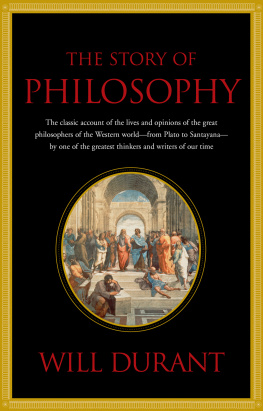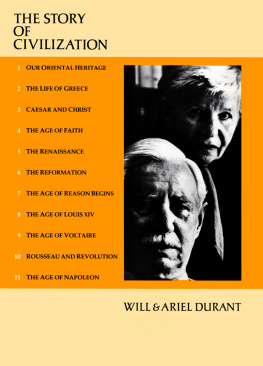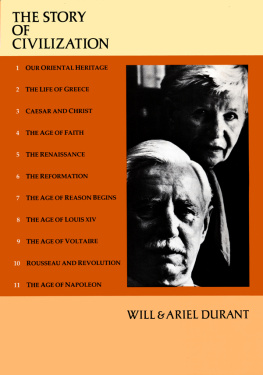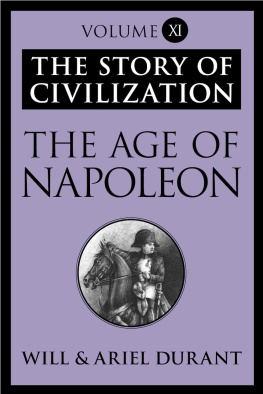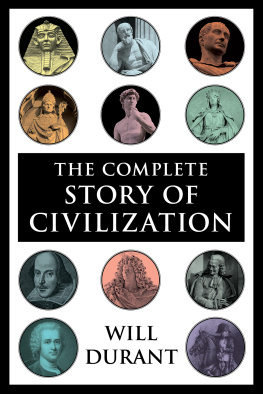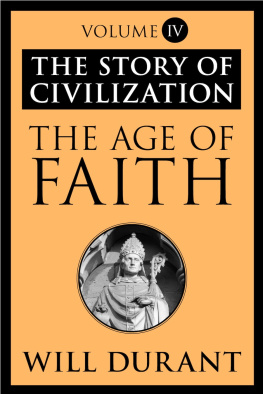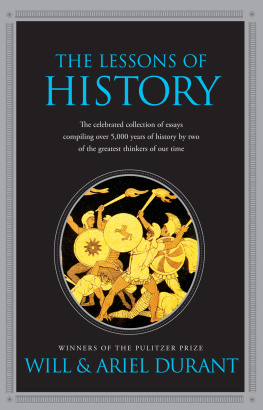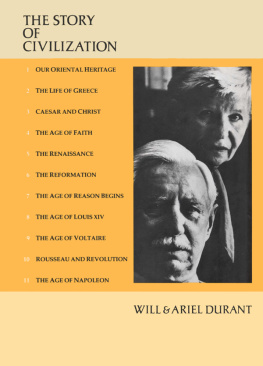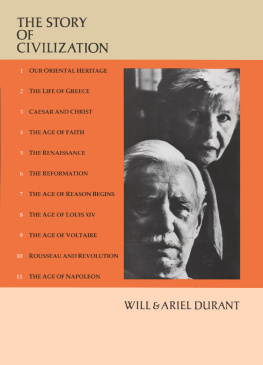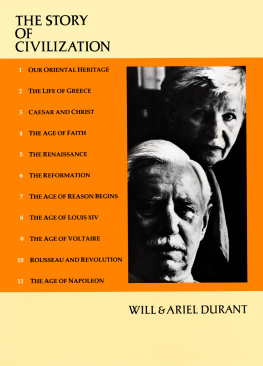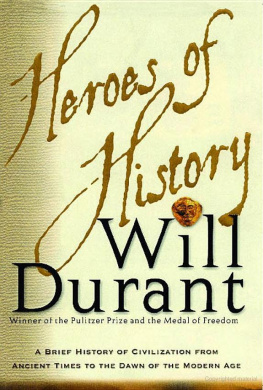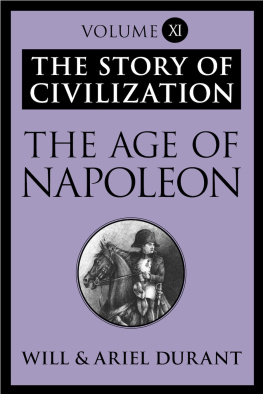Mustafa Kayyali - The Story of Civilization (Complete - 11 Parts): Text, Summary, Plot Overview, Themes, Characters, Motifs and Notes (Annotated)
Here you can read online Mustafa Kayyali - The Story of Civilization (Complete - 11 Parts): Text, Summary, Plot Overview, Themes, Characters, Motifs and Notes (Annotated) full text of the book (entire story) in english for free. Download pdf and epub, get meaning, cover and reviews about this ebook. year: 2019, publisher: Lighthouse Books for Translation and Publishing, genre: Religion. Description of the work, (preface) as well as reviews are available. Best literature library LitArk.com created for fans of good reading and offers a wide selection of genres:
Romance novel
Science fiction
Adventure
Detective
Science
History
Home and family
Prose
Art
Politics
Computer
Non-fiction
Religion
Business
Children
Humor
Choose a favorite category and find really read worthwhile books. Enjoy immersion in the world of imagination, feel the emotions of the characters or learn something new for yourself, make an fascinating discovery.

- Book:The Story of Civilization (Complete - 11 Parts): Text, Summary, Plot Overview, Themes, Characters, Motifs and Notes (Annotated)
- Author:
- Publisher:Lighthouse Books for Translation and Publishing
- Genre:
- Year:2019
- Rating:5 / 5
- Favourites:Add to favourites
- Your mark:
The Story of Civilization (Complete - 11 Parts): Text, Summary, Plot Overview, Themes, Characters, Motifs and Notes (Annotated): summary, description and annotation
We offer to read an annotation, description, summary or preface (depends on what the author of the book "The Story of Civilization (Complete - 11 Parts): Text, Summary, Plot Overview, Themes, Characters, Motifs and Notes (Annotated)" wrote himself). If you haven't found the necessary information about the book — write in the comments, we will try to find it.
Freedom (1977). He spent more than fifty years writing his critically acclaimed eleven-volume
series, The Story of Civilization (the later volumes written in conjunction with his wife, Ariel). A
champion of human rights issues, such as the brotherhood of man and social reform, long
before such issues were popular, Durants writing still educates and entertains readers around
the world.
William James Will Durant (/drnt/; November 5, 1885 - November 7, 1981) was an
American writer, historian, and philosopher. He became best known for his work The Story of
Civilization, 11 volumes written in collaboration with his wife, Ariel Durant, and published
between 1935 and 1975. He was earlier noted for The Story of Philosophy (1926), described as
a groundbreaking work that helped to popularize philosophy
He conceived of philosophy as total perspective or seeing things sub specie totius (a phrase
inspired by Spinozas sub specie aeternitatis). He sought to unify and humanize the great body
of historical knowledge, which had grown voluminous and become fragmented into esoteric
specialties, and to vitalize it for contemporary application.
The Durants were awarded the Pulitzer Prize for General Non-Fiction in 1968 and the
Presidential Medal of Freedom in 1977.
Early life
Durant was born in North Adams, Massachusetts, to French-Canadian Catholic parents Joseph
Durant and Mary Allard, who had been part of the Quebec emigration to the United States.
In 1900, Durant was educated by the Jesuits in St. Peters Preparatory School and, later, Saint
Peters College in Jersey City, New Jersey. Historian Joan Rubin writes of that period, Despite
some adolescent flirtations, he began preparing for the vocation that promised to realize his
mothers fondest hopes for him: the priesthood. In that way, one might argue, he embarked on
a course that, while distant from Yales or Columbias apprenticeships in gentility, offered
equivalent cultural authority within his own milieu.
In 1905, he began experimenting with socialist philosophy, but, after World War I, he began
recognizing that a lust for power underlay all forms of political behavior. However, even
before the war, other aspects of his sensibility had competed with his radical leanings, notes
Rubin. She adds that the most concrete of those was a persistent penchant for philosophy.
Mustafa Kayyali: author's other books
Who wrote The Story of Civilization (Complete - 11 Parts): Text, Summary, Plot Overview, Themes, Characters, Motifs and Notes (Annotated)? Find out the surname, the name of the author of the book and a list of all author's works by series.

